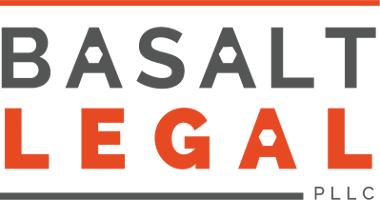- CALL TODAY
- 800.487.4660
Little Rock Broker-Dealer Sells Bonds with Outrageous Markups

R.M. Duncan Securities, Inc. (“DCAN” or the “Firm”) of Little Rock, Arkansas allegedly charged excessive markups on defaulted municipal bonds, generating additional income for the Firm while putting customers at great risk.
DCAN, a broker-dealer, generates a large amount of its wealth from the sale of municipal bonds, which are generally among the lowest-risk investments as the default rate tends to hover around 0.15%.
Like any other investment, there are rules governing the sale of municipal bonds. For instance, a registered broker can charge more than the prevailing market price of a bond in order to cover his expenses and time for managing the transaction; this is commonly referred to as a markup. However, brokers must sell bonds at a “fair and reasonable price” in relation to current market conditions.
In April 2010, the Firm sold municipal bonds issued by the Maryland Economic Development Corporation (“MEDCO”). Specifically, DCAN peddled bonds referred to as the “Ravenwood bonds,” which had a coupon interest rate of 8.75% and a maturity date of August 1, 2027. In January 2010, however, Ravenwood bonds defaulted and bondholders no longer received full interest payments. Despite knowing that the bonds had defaulted, DCAN representatives sold Ravenwood bonds to its customers at prices approximately 60% higher than the prevailing market price.
DCAN solicited customers to purchase Ravenwood bonds at prices ranging from 82.375 to 82.75 when, at the time, the current market price for the bonds was 51.216. Moreover, the DCAN employees promised the customers an 11% return while, in reality, bondholders were only receiving a small fraction of that interest. Ultimately, brokers were charging hefty commissions on bonds that were not going to see anywhere close to the promised return.
Although consumers clearly did not review the prevailing market price for the Ravenwood bonds before purchasing, DCAN employees willfully violated securities regulations and FINRA rules by charging customers prices that were not fair or reasonable given the current market.
Also, the Firm failed to establish and maintain a maintenance system to supervise the municipal securities activities of its employees. Such a system could have helped achieve compliance with applicable securities laws and regulations and saved unwitting customers from purchasing bonds with extreme markups.
In the end, DCAN took advantage of its customers by selling Ravenwood bonds at prices that were completely unreasonable. Because bonds are not traded as frequently as stocks, the market for municipal bonds can be murkier than the stock exchange, making it easier for representatives to sell bonds at higher rates without consumers noticing. However, customers do not have to fall prey to these excessive markups.
If you believe your broker overcharged you on your municipal bond trades, contact the attorneys at Investor Defense Law LLP at no charge and find out whether you have a valid claim.
Investor Defense Law LLP is a law firm dedicated to helping investors in California, Georgia, and Washington recover losses caused by stockbrokers, financial advisers, or investment firms. To learn more, contact an investment fraud attorney at 800.487.4660.



